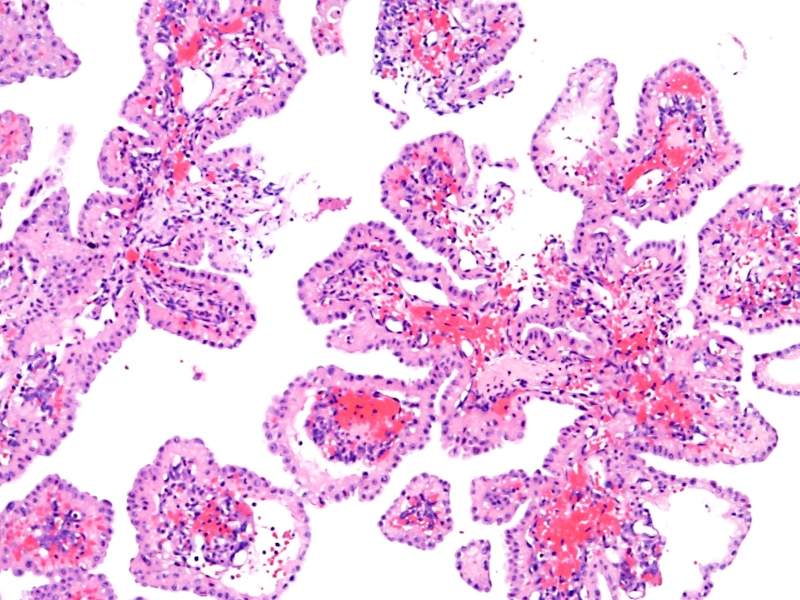
Boston Biomedical has dosed the first patient in a Phase l clinical trial to test the safety and pharmacokinetic of intravenously administered DSP-0509 to treat adults with advanced solid tumours.
The open-label, multicentre trial intends to enrol 44 patients with advanced solid tumours that are refractory to standard treatment.

Discover B2B Marketing That Performs
Combine business intelligence and editorial excellence to reach engaged professionals across 36 leading media platforms.
It will comprise two stages; an initial dose-escalation phase that will use a 3+3 design to establish the maximum tolerated dose, and a dose-expansion phase in up to 14 additional subjects.
As part of the trial, patients will initially receive an intravenous dose of DSP-0509 once a week in induction phase, and once every two weeks in a maintenance phase.
Based on the success of these doses, Boston Biomedical plans to continue treatment until disease progression.
The trial’s primary goals are maximum tolerated dose, identification of Recommended Phase 2 Dose (RP2D), as well as incidence of adverse events (AEs), serious AEs (SAEs), and immune-related AEs (irAEs).

US Tariffs are shifting - will you react or anticipate?
Don’t let policy changes catch you off guard. Stay proactive with real-time data and expert analysis.
By GlobalDataIts secondary goals include pharmacokinetics, objective response rate (ORR), duration of response (DoR), progression-free survival (PFS) and others.
The trial is currently being carried out at various sites in the US.
Boston Biomedical CEO Patricia Andrews said: “We are looking forward to exploring the safety and activity of DSP-0509 and understanding more about its potential in treating cancer.”
DSP-0509 is currently being studied as a synthetic Toll-like receptor (TLR) 7 agonist.
In preclinical settings, DSP-0509 showed its potential to promote the cytokine induction and cytotoxic T lymphocyte (CTL) activation through agonistic effect of TLR 7 expressed in plasmacytoid dendritic cells.





